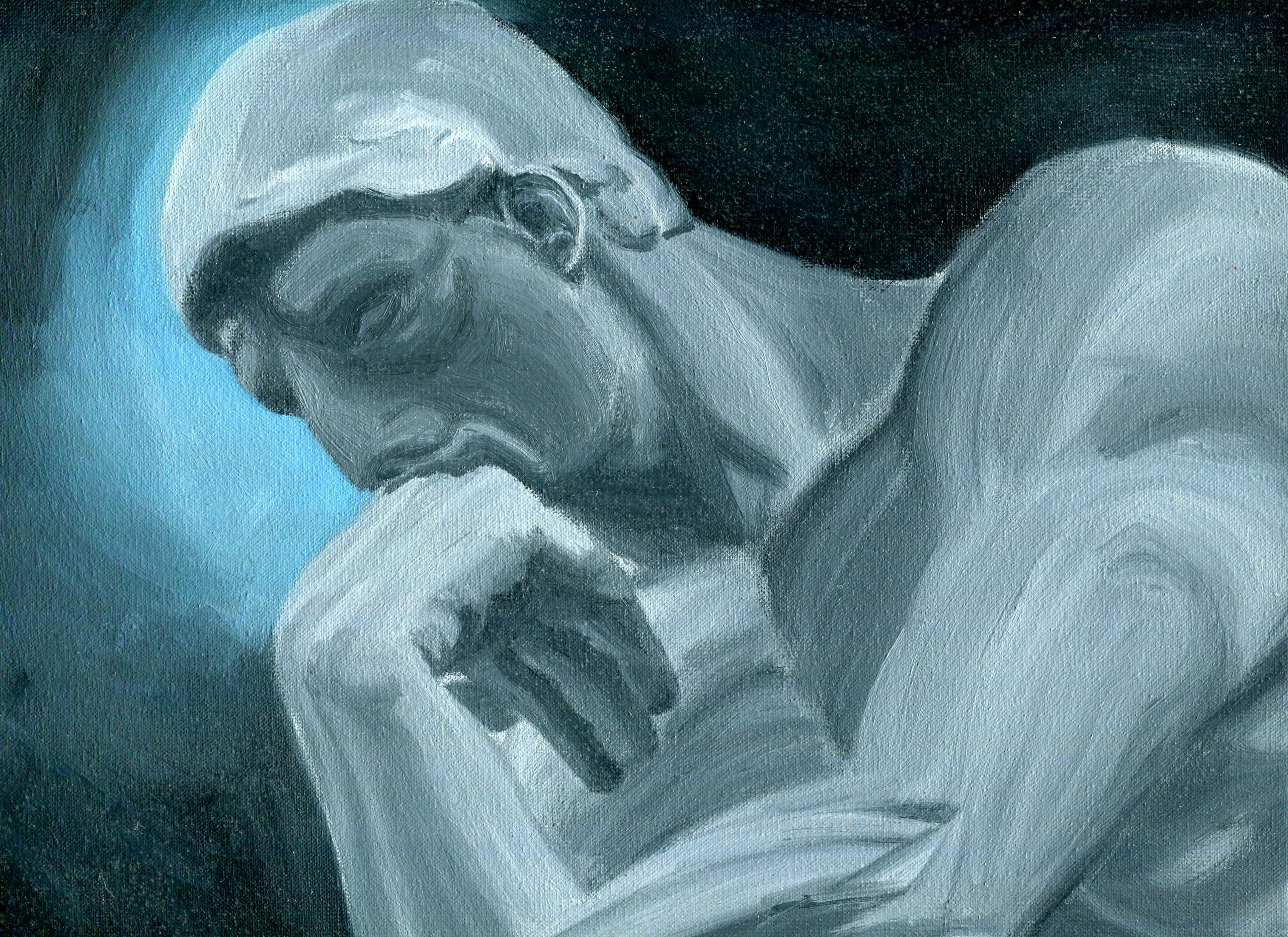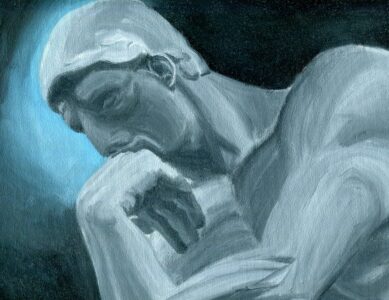With spectacular celebrations and exuberant lavish welcomes symbolic of our great expectations, we received a few days ago another new year. With arms wide open, basketsful of promises and resolute decisions to approach it differently than all the ones before, as we do annually. Or with hope yet skepticism, as the last one has left us feeling like a wounded soldier on the battlefield.
Whether we adopted a philosophy of Free Will or Determinism at some point in our lives, we generally share a sense of anticipation, albeit at varying degrees, that the universe, fate, luck, or a miracle may bring us something unexpected as a result of which our lives will change for the better. If not, then tangible progress in some form. As human beings, we could own the world and still feel a deep need for it even if it’s just inching forward.
Shortly after the clock strikes midnight, the next day or a few days hence the realization sinks in that the chain of impact of prior events is not yet done with us. If we generally feel stuck in some version of Groundhog Day, enthusiasm slowly wanes till it flatlines and the mere 14K ft hike ahead seems more like 28K at least.
A new year, venture, job, relationship, or any new or renewed beginning, deserves only to be approached with a renewed self, carrying from the past only its lessons but not its impressions. Giving a new day in our lives a chance to breathe, requires inviting a sense of freshness, an awakening as a result of a re-examination of what may have been subconsciously solidified as permanent positions or convictions, making it exceedingly difficult to move forward.
Our perceptions of events colored by our emotions that digest and regurgitate them in the form of a narrative which may often be an inaccurate representation of facts, but accepted by us long ago without further introspection, now frames every decision or interpretation of another that occurs within a similar context or experience. Gregory Hays in his new translation of Marcus Aurelius’ Meditations’ explains: “The discipline of perception requires that we maintain absolute objectivity of thought: that we see things dispassionately for what they are”.
Or because emotions are as highly contagious as the flu, we may be soaking in the general mood. Individuals who are highly intuitive and empathetic may experience negative emotions they absorb from others in their close environment as indistinguishable from their own, frequently feeling depleted by them. When that happens, Marcus Aurelius described a place where one can withdraw until balance is regained: “Nowhere you can go is more peaceful — more free of interruptions — than your own soul. Especially if you have other things to rely on. An instant’s recollection and there it is: complete tranquility. And by tranquility I mean a kind of harmony. So keep getting away from it all — like that. Renew yourself. But keep it brief and basic. A quick visit should be enough to ward off all and send you back ready to face what awaits you.”
Analyzing why we feel a certain way can be one of the most effective means to confront self-limiting beliefs, anxieties, fears, hurts and disappointments in order to heal and overcome. Ignoring them would just give them power to take control and overwhelm or mislead us. The ultimate objective of the analysis is the personal mission vs mind, emotions, and character. Are those four harmoniously aligned or is there still a lot of preparation to be done before Rocky faces off with Clubber Lang…Except in real life there are many Clubber Langs. The most dangerous is the one within that prompts us to self-sabotage.
Each day carries with it a treasure of opportunities and learnings that we’re most likely to observe if we have a constructive attitude, as Manly P. Hall, founder of The Philosophical Research Society in Los Angeles in 1934 phrased it in his lecture, The Habit of Thinking Constructively: Cultivating the Positive Outlook, November 25, 1956, he says: “constructive thinking therefore must begin within the person and if it so begins, it will be observed as reacting upon that person benevolently. Society is a kind of mirror in which each one of us sees our natures and temperaments reflected.”
He later continues: “There are persons who seemingly are born with a power to retain a positive viewpoint on life. These are not the persons who have the easiest kind of living. Sometimes their burdens are far heavier than those of the pessimists. They are moving however from a basic personal position. They are moving from a series of kindly, constructive, creative emotions. They are friendly by nature, they are idealistic, they are tolerant, they are patient, and they are non-critical in their way of thinking. All of these general attitudes together will add up to a more positive approach to life.”
If we feel however that we have been treated particularly unfairly or shortchanged by life, it would be useful to remember this by Marcus Aurelius: “It’s unfortunate that this has happened….No. It’s fortunate that this has happened and I’ve remained unharmed by it — not shattered by the present or frightened of the future. It could have happened to anyone. But not everyone could have remained unharmed by it. Why treat the one as a misfortune rather than the other as fortunate? Can you really call something a misfortune that doesn’t violate human nature? Or do you think something that’s not against nature’s will can violate it? But you know what its will is. Does what’s happened keep you from acting with justice, generosity, self-control, sanity, prudence, honesty, humility, straightforwardness, and all the other qualities that allow a person’s nature to fulfill itself? So remember this principle when something threatens to cause you pain: the thing itself was no misfortune at all; to endure it and prevail is great good fortune.”
It is within our grasp to stop reliving the past by changing the narrative. We can choose any moment to start and there’s no time like the present.


